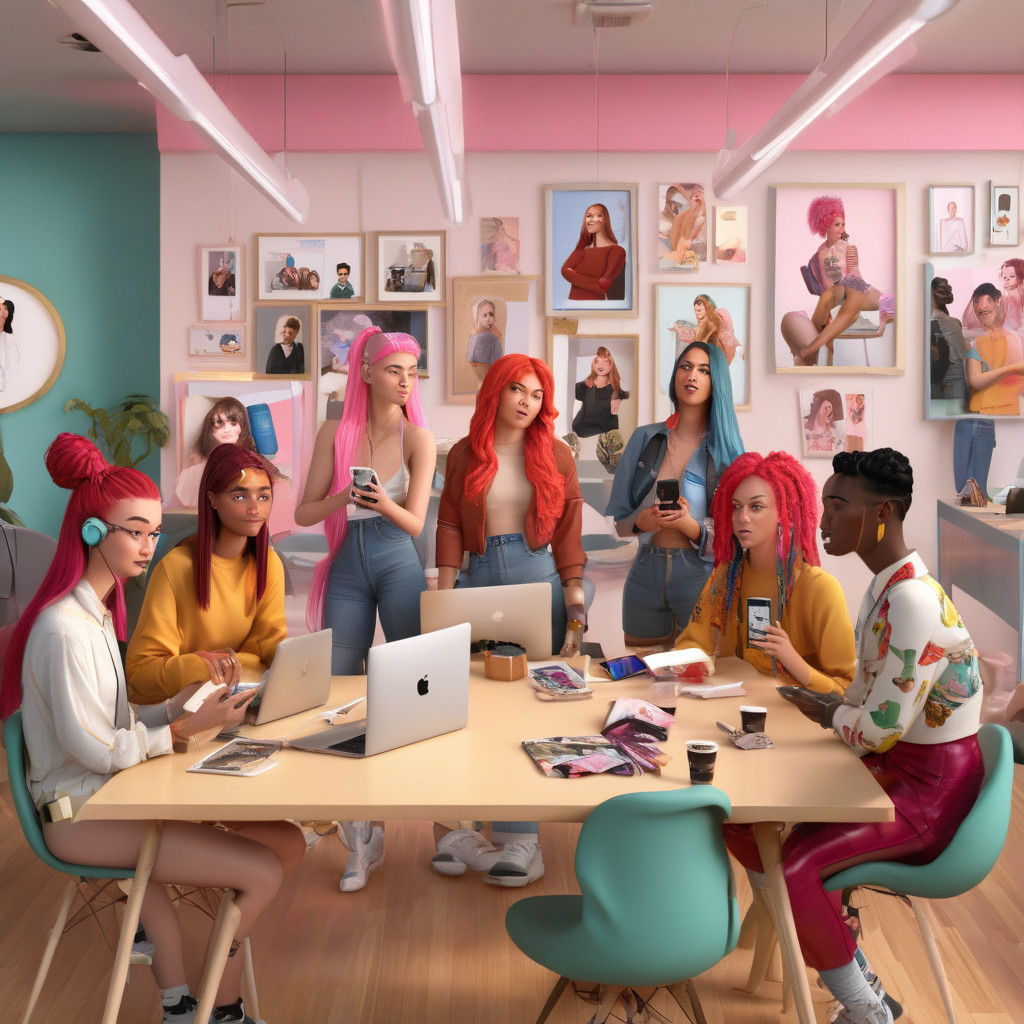In the ever-evolving landscape of social media, the battle for content creators intensifies. Recently, Meta, the parent company of Facebook, Instagram, and WhatsApp, has made headlines with its alleged poaching of TikTok creators. This strategic move aims to lure talented individuals who craft engaging content on rival platforms like TikTok. With Meta’s vast resources and established user base, the tech giant is positioning itself to offer lucrative opportunities to creators seeking wider reach and monetization avenues.
According to reports, Meta’s plan involves enticing TikTok creators with incentives such as higher revenue shares, access to advanced tools, and a broader audience reach. By leveraging its existing platforms, Meta can provide creators with seamless integration across multiple apps, enabling them to diversify their content and engage with diverse audiences. This approach not only benefits creators by expanding their reach but also strengthens Meta’s ecosystem by enriching its content offerings.
One key aspect of Meta’s strategy is to capitalize on the popularity of short-form video content, a genre that has seen explosive growth in recent years. TikTok, known for its viral challenges and creative content, has amassed a massive user base of content creators who have captured the attention of global audiences. By targeting these creators, Meta aims to tap into the creativity and influence that have propelled TikTok to the forefront of social media.
While the practice of poaching creators is not uncommon in the tech industry, Meta’s aggressive approach has raised eyebrows and sparked debate within the creator community. Some view Meta’s efforts as a strategic business move aimed at consolidating its dominance in the social media space. By attracting top talent from rival platforms, Meta can strengthen its position and offer users a more comprehensive and engaging experience.
However, others are concerned about the potential impact on platform diversity and innovation. As creators migrate to Meta’s platforms, there is a risk that rival platforms like TikTok could see a decline in content quality and variety. This could ultimately lead to a homogenization of content across social media platforms, limiting choice and creativity for users.
At the same time, creators face a dilemma in deciding whether to stay loyal to their current platform or seize the opportunities presented by Meta. While Meta offers significant advantages in terms of reach and monetization, creators must weigh these benefits against the potential loss of audience and creative freedom that may come with switching platforms. Ultimately, the decision to join Meta or remain on TikTok boils down to individual preferences and goals as content creators.
As the competition for creators intensifies, it is essential for platforms to strike a balance between attracting top talent and fostering a diverse and innovative creator ecosystem. By offering a mix of incentives, support, and creative freedom, platforms can create an environment where creators thrive and users benefit from a rich variety of content.
In conclusion, Meta’s alleged poaching of TikTok creators underscores the fierce competition in the social media landscape and the strategic maneuvers employed by tech giants to stay ahead. While Meta’s efforts may provide new opportunities for creators, they also raise important questions about platform diversity, creativity, and user experience. As the battle for creators continues to unfold, it is crucial for platforms to prioritize the interests of both creators and users to ensure a vibrant and dynamic social media ecosystem.

